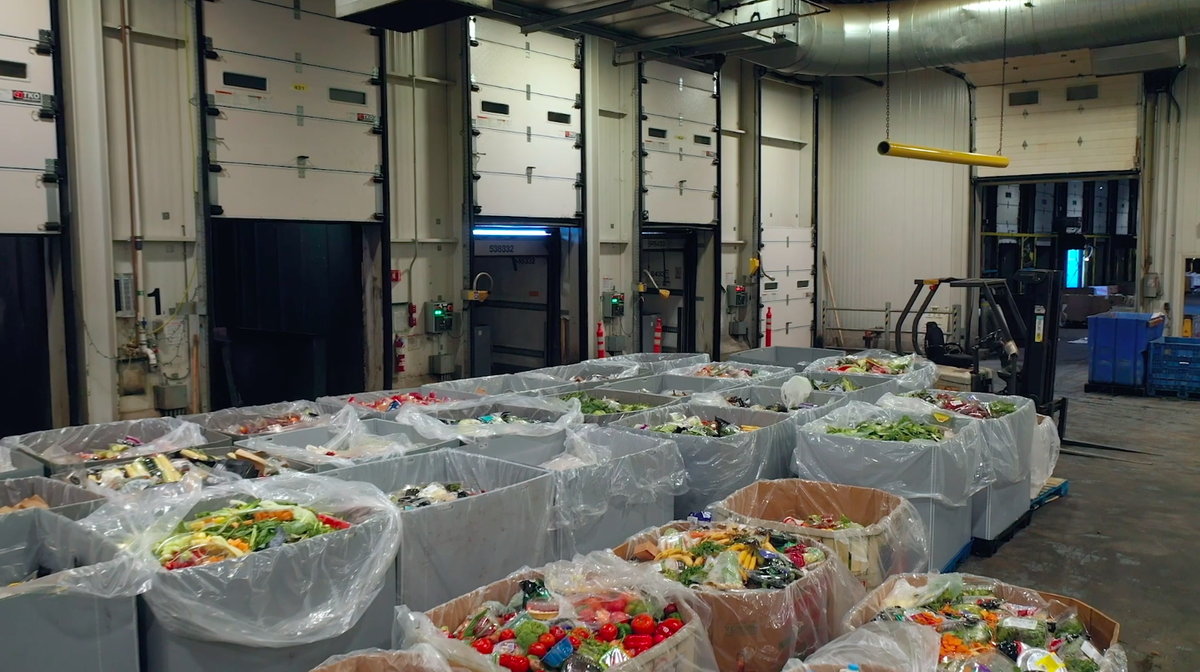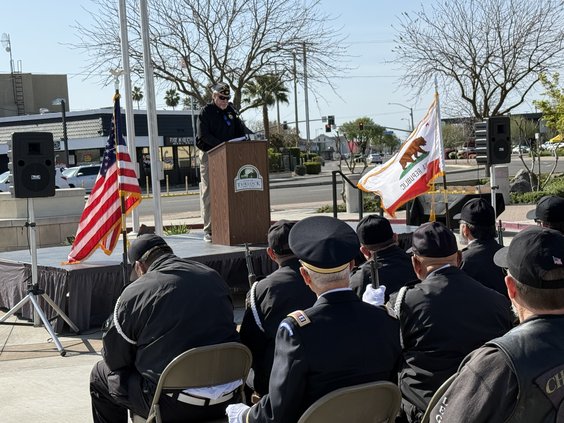A new facility coming Turlock will transform the tons of food wasted from local grocery stores and other food retailers into renewable energy.
Divert Inc., a Massachusetts-based technology company focused on mitigating food waste, has plans to build a new, 71,000 square-foot state-of-the-art food recovery facility in west Turlock.
According to Divert, the construction of the facility is expected to break ground this spring with hopes of being operational by early 2024. There will be roughly 40 employees, including plant managers, technicians and truck drivers.
But how does it all work?
It starts with unsold food material being liquefied and purified before being processed into a finished clean food slurry. The slurry is then pumped directly into an on-site anaerobic digester, where it is turned into biogas, a mixture of gases, primarily consisting of methane, carbon dioxide and hydrogen sulfide. The equipment then removes impurities from the biogas and upgrades it into pipeline quality Renewable Natural Gas (RNG) to meet utility company standards.
For their latest facility in Turlock, Divert has come to an interconnection agreement with PG&E. When the project is completed and operational, the processed RNG will enter PG&E’s on-site transmission line, replacing fossil fuel gas with a carbon negative renewable fuel to supply homes and businesses.
Divert Inc. was founded in 2007 by CEO Ryan Begin and COO Nick Whitman. Since that time, the company has opened 10 food recovery facilities across the nation with over 250 employees. And while there are just 10 facilities thus far, the company works with over 5,400 retailers including Target, Safeway, CVS, Kroger, Albertsons and Ahold Delhaize across all 50 states.
Divert Inc. isn’t actually new to Turlock. The company opened a food analytics and processing facility in the city back in March 2020.
“We have seen incredible success in working with the quality workforce in the Turlock area. We remain confident in investing in building a facility here, not only because of that workforce, but because this is a supportive community committed to economic development,” said Chris Thomas, VP and Head of Public Affairs for Divert.
Additionally, Thomas and the Divert team believe that Turlock is in a prime location.
“Turlock is centrally located to Divert’s current customers in the Bay Area and Central Valley,” he said. “It is also in the heart of California's agricultural and food manufacturing landscape, which allows us to support other companies in the region to help divert their wasted food from landfills.”
According to Divert, the United States alone generates more than 100 million tons of food waste annually, with over 50% going to landfills or incinerators. Additionally, food waste contributes 8% to 10% of global greenhouse gas emissions. Financially, American food retailers waste $25 billion in food each year. To combat the issue, state and municipal food waste laws have been increasingly enacted in recent years to preserve landfill capacity and curb greenhouse gas emissions. In California, that comes in the form of SB 1383.
SB 1383 was signed into law by former governor Jerry Brown in 2016. The bill established a statewide effort to reduce emissions of short-lived climate pollutants in various sectors of California's economy, one of those sectors being the food and retail industry. Beginning in 2022, SB 1383 required every jurisdiction to provide organic waste collection services to all residents and businesses. Additionally, businesses had to begin collecting, sorting and transferring organic waste to a specified composting facility, community composting program or other collection activity or program.
“The Turlock facility will help our customers comply with organic waste requirements,” Thomas said. “With the current policy landscape and additional pressure from SB 1383, we are seeing tremendous demand for our additional capacity with this new Turlock facility to service the market given our data-centric and forward-thinking approach.”
While Divert has predominately worked alongside major national retailers, Thomas said that they hope to expand their presence in the retail industry with both national and regional grocers, and possible even broaden their focus to include other industries such as restaurants.
“Divert, Inc. is an impact technology company on a mission to protect the value of food,” Thomas said. “Divert is committed to creating advanced technologies and sustainable infrastructure that address wasted food and have a positive social and environmental impact.”
0More information on Divert Inc. can be found at www.divertinc.com.









